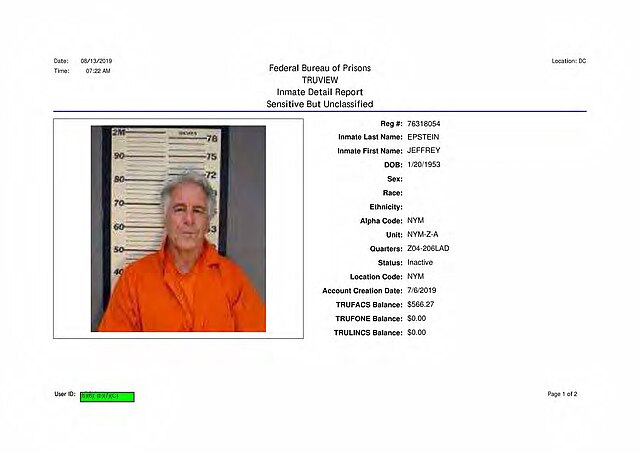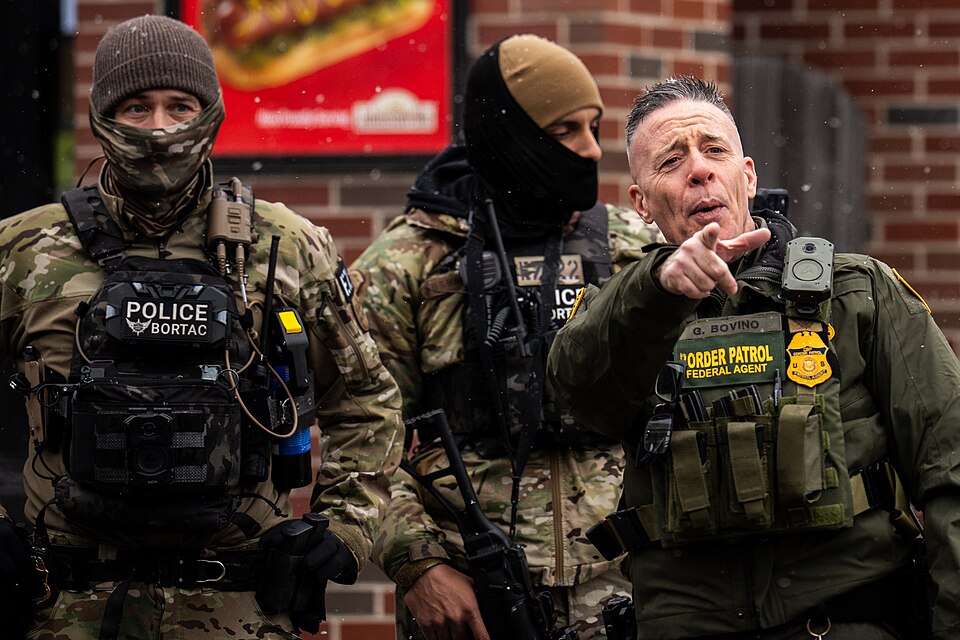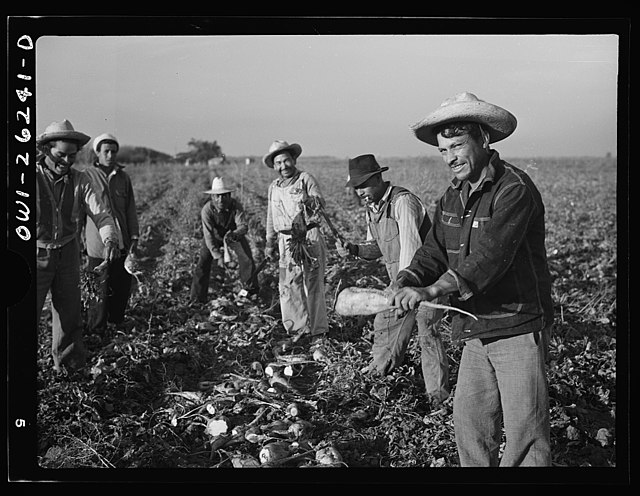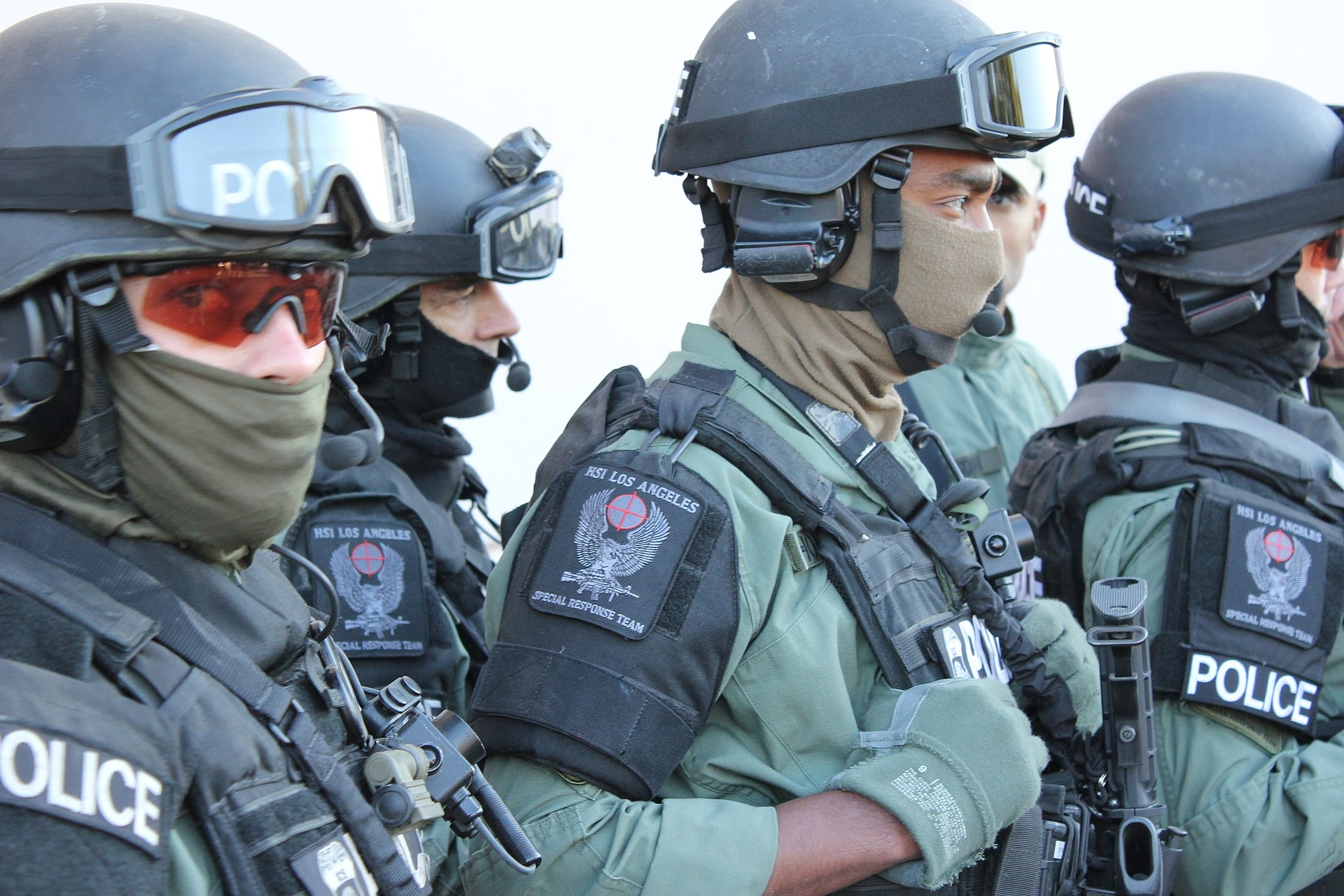Apr 30 2024

Well, I think to charge someone… arrest someone… Yes, you have to have some evidence. I mean… You wanna have something to back up while you're charging them with a crime, but that's not what we're talking about here. We're talking about a lot of different information here. Including by the way, financial crimes that are part of these files.
If they couldn't get some of these people on the sex trafficking, one would think that they would try other avenues. Another example, by the way, is Epstein used a lot of doctors, dentists, people like that who are supposed to report if they suspect that someone is being sexually abused. None of those people, to my knowledge, have ever reported that they took Epstein's money and they whitened these little girls' teeth and did things like that. They never did that. They could be prosecuted. The people that helped him get these visas to bring all these women and girls from overseas. There are people that did that paperwork for him. So there's evidence that's all out there that I think that they could have explored that I don't see any inclination that they did that.
Journalist and author Julie K. Brown from the Miami Herald’s Investigative Team, joins This Is Hell! to talk about her work uncovering and investigating the Epstein Files, which can be found on her Substack, where she is still breaking new stories on the case.
We will have new installments of Rotten History and Hangover Cure. We will also be sharing your answers to this week's Question from Hell! from Patreon.
Help keep This Is Hell! completely listener supported and access bonus episodes by subscribing to our Patreon.
Apr 24 2024
Apr 23 2024
Episode 1722
India-Israel Worker Deal Looks like Indentured Servitude / Michelle Buckley & Paula Chakravartty
Apr 17 2024
Episode 1721
The US South's Elites Have Kept the Region Poor and Underdeveloped / Keri Leigh Merritt
Apr 16 2024
Apr 15 2024
Apr 4 2024



